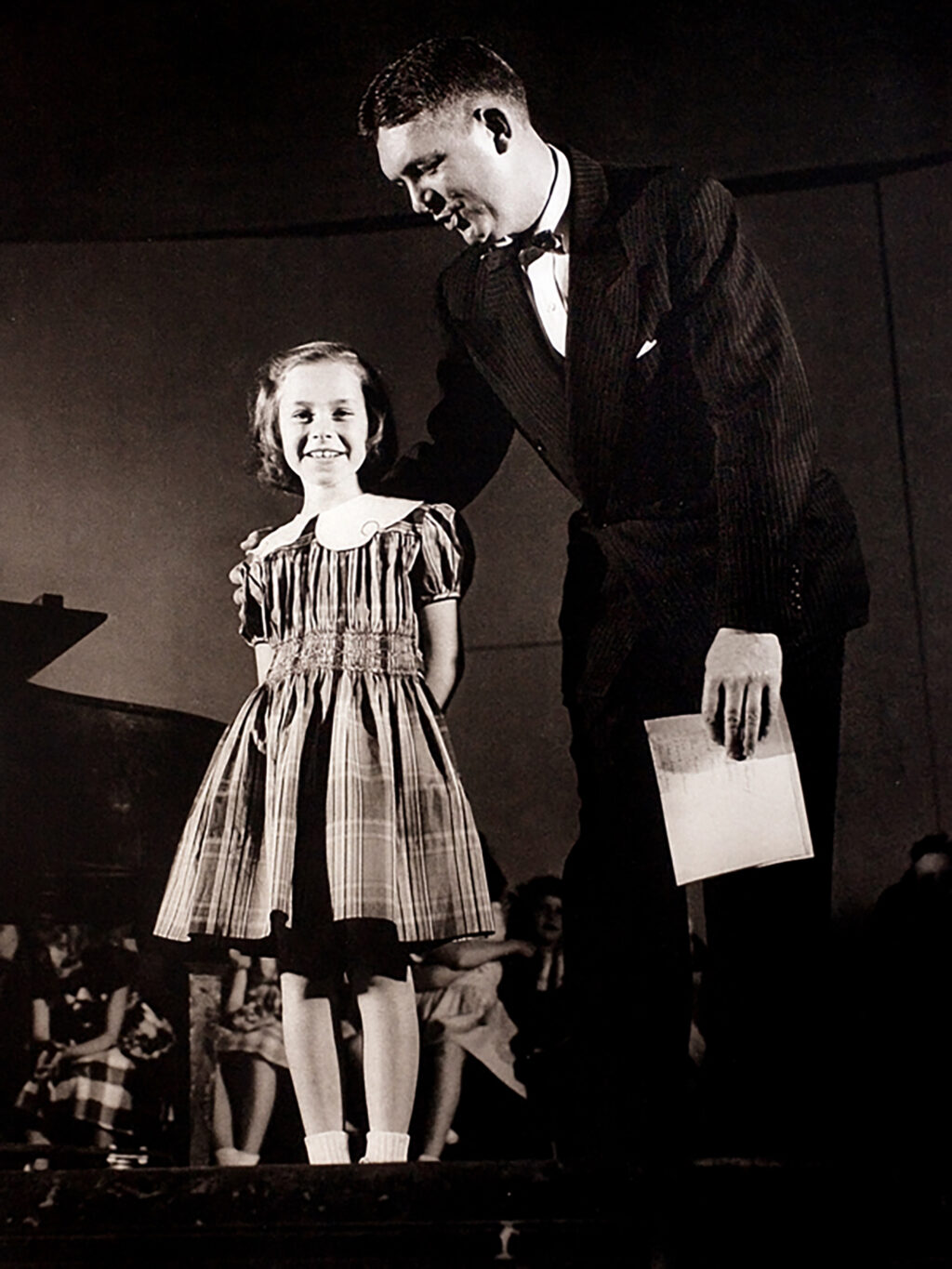This year marked the 96th Annual Eisteddfod in Jackson, Ohio. The Eisteddfod is a centuries-old Welsh music competition that was brought to southern Ohio by Welsh immigrants in the 1800s. Today, the tradition continues not only in Wales, but as a program put on by the Jackson, Ohio School District, inspiring students to learn about the region’s history and gain valuable life skills in the process.
For this year’s event, at least 100 parents, grandparents, brothers and sisters packed the auditorium to watch their family members perform. Students from the first to the fifth grade are required to participate in what has become more of an annual performance than a competition.
While it is compulsory for all elementary school children in Jackson schools to participate in the Eisteddfod, only the fifth graders get to choose a song in the Welsh language to sing.
Billy Witt is one of those fifth graders who decided to perform a Welsh song.
“I sang [the Welsh song] Calon Lan because my friend was going to sing this song. But he didn’t know how to pronounce any of the words,” Witt said. “So I was singing it to him for him to try to figure it out. Mr. Kugel overheard me and he asked me if I wanted to try to sing that.”
Sam Kugel is the fifth grade music teacher who helped talk Billy into singing Calon Lan, a song about appreciating the little things in life. Kugel teaches students the song’s melody while Welsh professor Dan Robotham helps kids pronounce the Welsh lyrics.
Even though it took some convincing to get Witt to sing the Welsh song, he still saw some value in doing it.
“I think it’s important because the Welsh basically founded this area,” he said. “And I think it’s great to support that and have a bunch of different things like the Eisteddfod to keep that tradition going.”
Witt was not crazy about the idea of getting up and singing in front of the crowd. But that is all part of the Eisteddfod tradition, one that is shared across generations.
Jackson native Catherine Smalley came to this year’s Eisteddfod to watch her grandsons sing. She reflected on her own time participating in the program 55 years ago.
“Everyone sang a solo. It wasn’t an option. It was just what you did,” Smalley said.
She said the event has changed a bit over the decades. “They’ve given some of the kids other options by singing duets or quartets or whatever, which is good. That at least gets them up there.”
While Jackson students are required to participate in the Eisteddfod during all five years of elementary school, the students aren’t judged. Starting in sixth grade, participation is no longer required. At that point, students can choose to continue to participate, and the program shifts from just being a performance to becoming a competition.
Competition becomes more intense when students enter high school. The performance is put on for a community-wide audience and each student or group is judged. Those who choose to stick with it year after year are ready for the pressure.
Camden Robertson, a Jackson High School sophomore, says being required to get on stage in elementary school gave him the building blocks for success in high school and beyond.
“I don’t think I would have ever proceeded in doing the Eisteddfod if I wasn’t required in elementary school, because it requires a lot of confidence to stand up in front of all these people that you know, or don’t know even, to just sing or play your instrument,” he said.
Even younger kids recognize the role the Eisteddfod has played in their personal growth. “It’s how I lost stage fright, was going up in front of a big crowd and then realizing it’s fun,” 4th-grader Naomi McGee said.
Eisteddfod may be difficult to pronounce, but its impact is simple to explain. In Jackson, Ohio, it brings a sense of purpose and pride to those who participate.
——
This story originally aired in the Aug. 19, 2022 episode of Inside Appalachia.
This story is part of the Inside Appalachia Folkways Reporting Project, whichis made possible in part with support from Margaret A. Cargill Philanthropies to the West Virginia Public Broadcasting Foundation.
Subscribe to Inside Appalachia to hear more stories of Appalachian folklife, arts, and culture.




















